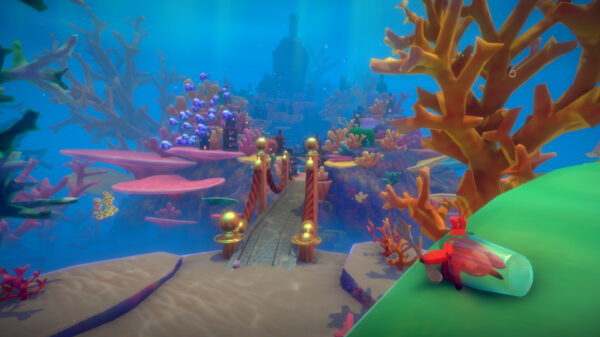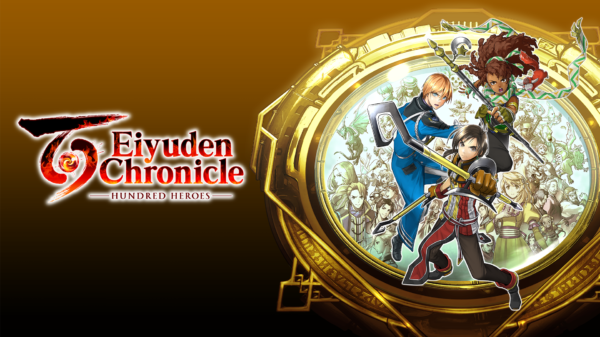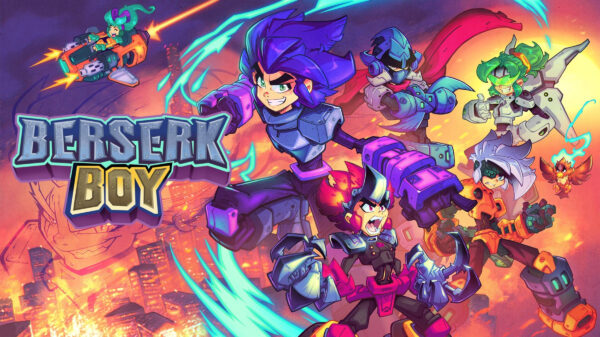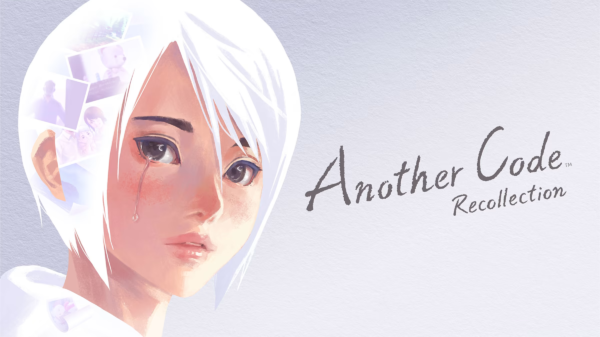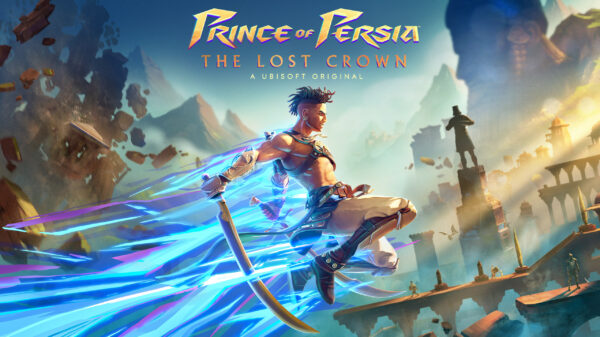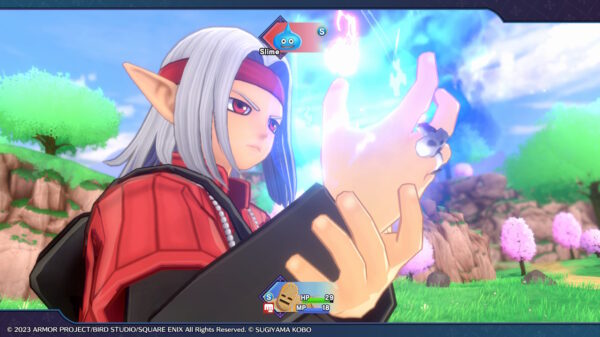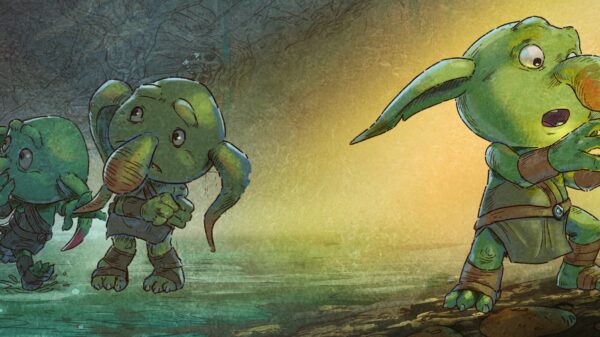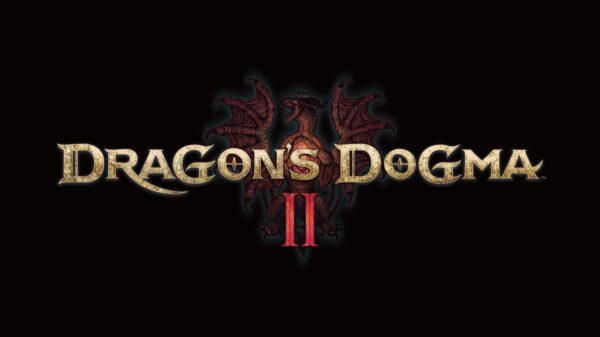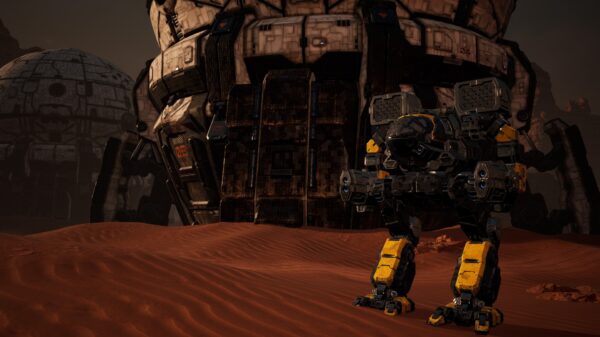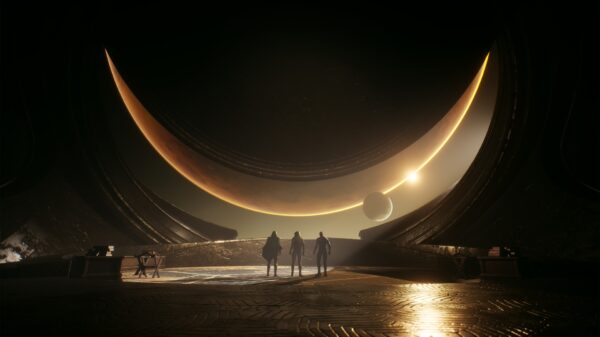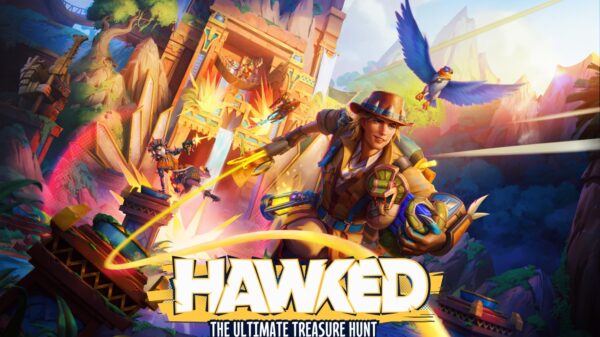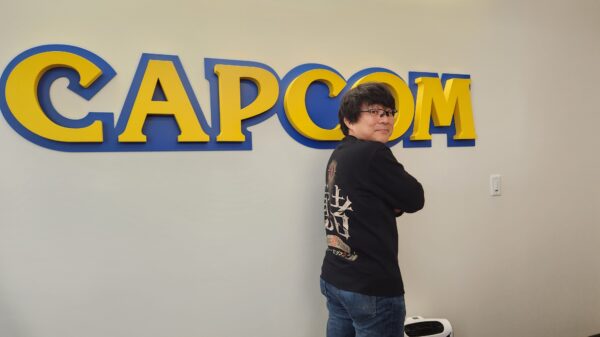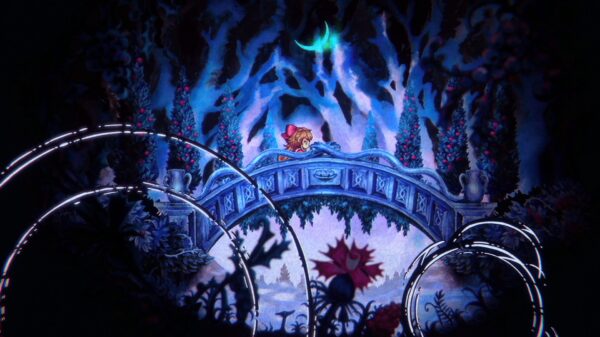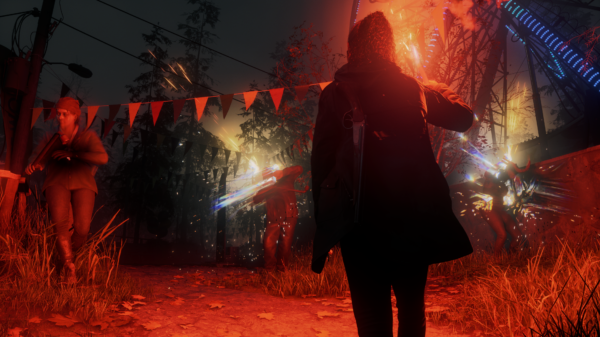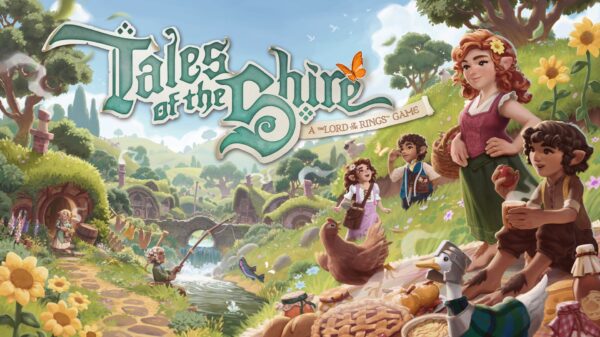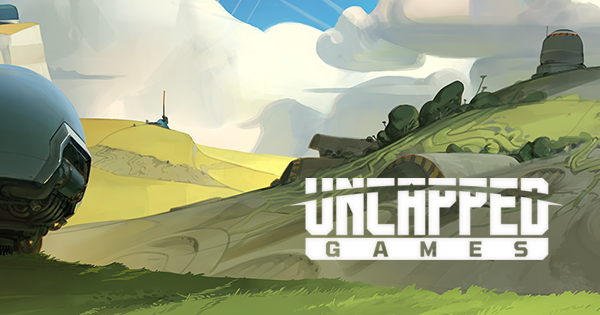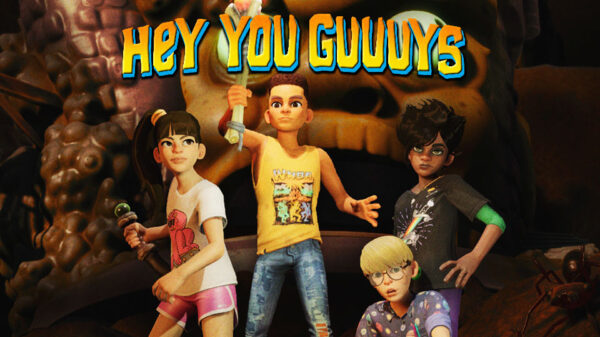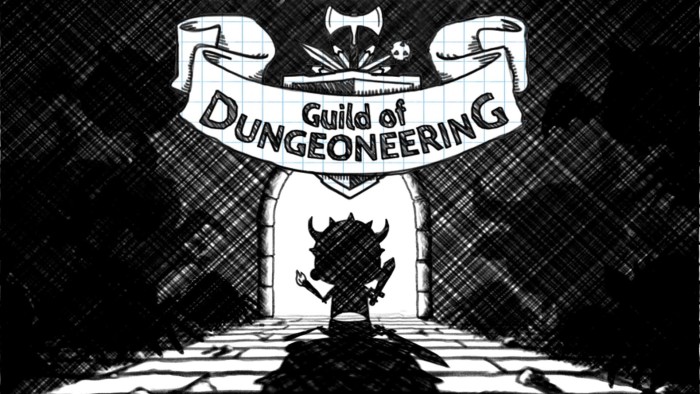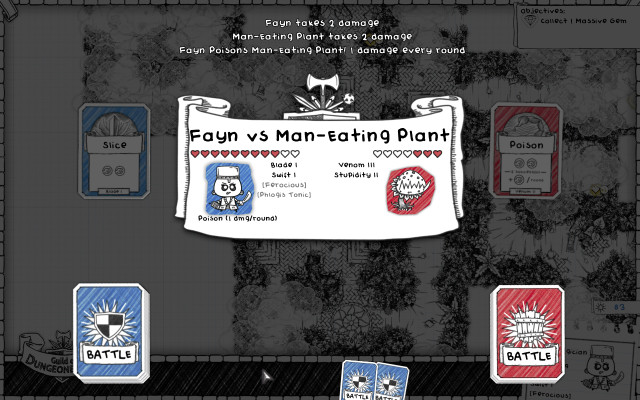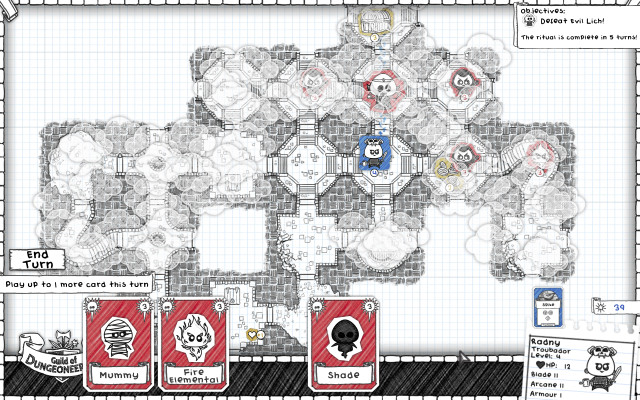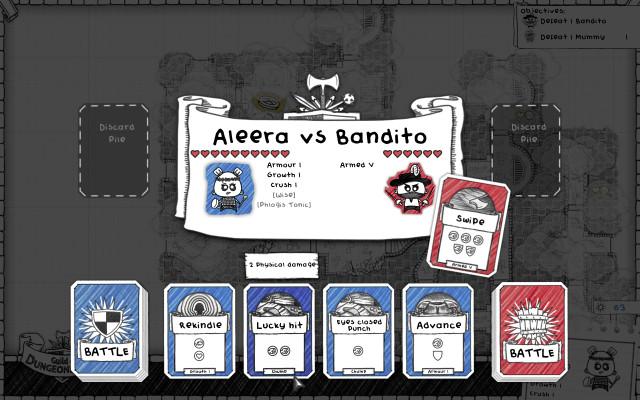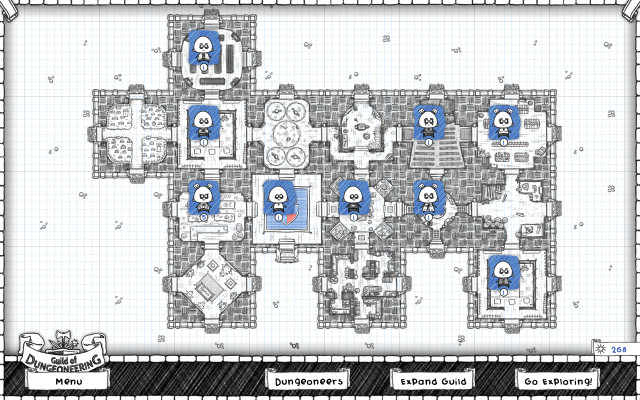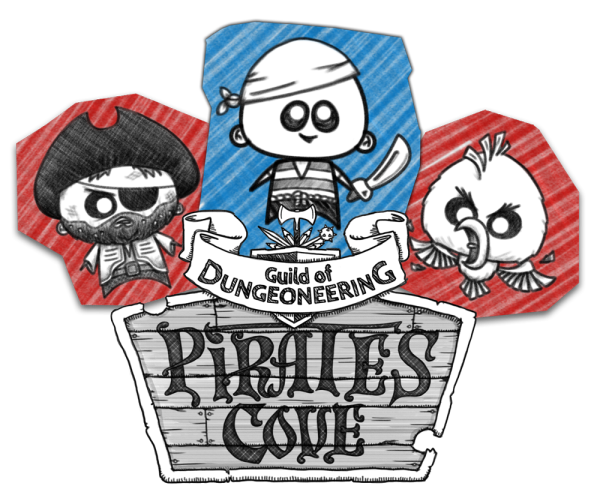Guild of Dungeoneering is as much of a tabletop RPG as it is a dungeon crawler. Although the tabletop style is all too rarely used, developer Gambrinous went forward with it, while simultaneously aiming to break the mold of the dungeon crawler genre in having the player play as the dungeon master, rather than the plunderer. It’s this unique approach, combined with a sharp sense of humor, that makes Guild of Dungeoneering different than any predecessors.
Guild of Dungeoneering
Developer: Gambrinous
Price: $16.99
Platform: PC and Mac
MonsterVine was supplied with a PC code for review.
Though the story is relatively basic and not heavily featured, Guild of Dungeoneering’s premise perfectly showcases the sharp humor that is consistently found throughout the game. You play as a disgruntled explorer of an unnamed fantasy land, who is denied membership with the most prestigious dungeon-crawlers around, the Ivory League of Explorers. Naturally, you decide to steal some funds from the Ivory League to make your own Guild of Explorers, which is where the game truly begins. There isn’t much of a story outside of that, save the small excerpts from your character’s journal that appear occasionally throughout the adventure.
From there, you recruit numerous explorers to plunder dungeons for you in your everlasting quest to show up the Ivory League. While they may not have their own backstories, each explorer has their own name, appearance, and quirks, depending on their class. Bruisers throw out confrontational remarks with a thick English accent, while mimes make worried gestures through text. These small bits of detail help to give the game more personality, even without a large story.
Throughout Guild of Dungeoneering, you’ll mostly find yourself building crudely illustrated dungeons, room-by-room, from a top-down perspective, and coercing your explorer into battling monsters and looting treasure. In each dungeon’s missions, you’re given a set group of often disjointed rooms, and a task to complete, such as reaching a certain room in a set amount of turns, or defeating a certain amount of monsters. Using randomly distributed cards, with either a room, an enemy, or loot on them, you’ll place these room cards on the map while building various paths and routes in your dungeon in order to accomplish your goal.
Contrary to most dungeon-crawlers, you don’t actually have direct control over your explorers’ movements outside of battle. Instead, your explorer will go towards the objective, unless you coerce or entice them to go another way, by placing enemies or loot near them. This will disrupt their path, and draw their attention elsewhere. This can be very handy, as not only can you earn funds to enhance your guild, the only way to make your explorer stronger is to have them defeat enemies for experience and equipment, which in turn gives you extra battle cards and health increases.
This is where the game falls short. No matter how strong or well-equipped you make your character throughout a dungeon, their progress is wiped after the mission. While this makes the game a great deal simpler, it also makes any progress feel pointless. It also means there is no long-term incentive to making your explorers stronger, and the permanent loss of your explorers in battle has no weight to it, as not only will you immediately get another unit, but you’ll lose no permanent progress.
Battling enemies is relatively simple. When you encounter an opponent, the gameplay changes into a turn-based card system. You and your opponent each pick a battle card from your randomly distributed hand, each with values on it that either deal, or defend set amounts of physical and magic damage. The cards clash, and damage is dealt out according to how strategically your cards are used. The simplicity of the battle system benefits it greatly, as it is easy to learn, but also keeps battles from dragging on too long. While the random distribution of battle cards makes the battles interesting, it also causes the battles to be sometimes unwinnable, which renders any previous strategies useless.
After returning from a mission, you can use your loot to expand your hub guild in numerous ways. You can purchase new classes, battle perks, or uncommon items. While the prices of these items can be somewhat high for the amount of loot usually obtained, I never had much difficulty in obtaining the upgrades I wanted. As you expand your selection of classes, you get to add new rooms to your humble little guild, each corresponding to whatever class you purchased. It adds a nice touch of personalization to the game, and enables you to truly run a unique guild.
Unfortunately, not all of the classes you obtain are remarkably useful. While it’s understandable that earlier classes could be outgrown, it’s hard to look past certain classes being far less useful than others. For example, while I found the Archer class to be remarkable, classes like the Alchemist and the Shapeshifter never felt particularly useful to me. It also means you’ll normally end up recycling the same classes for all of the missions.
The visuals of Guild of Dungeoneering are incredibly simple, for better or for worse. It emulates the feeling and aesthetic of a tabletop game, with backgrounds drawn on graph paper, and characters and cards colored with marker. This can prove to be incredibly charming, especially for anyone who’s played such games in the past. Others, however, may find this to be lackluster, as there is little color in the game outside of the cards used in battle.
The music in the game is perfectly suited to each moment it plays. The Guild has a quiet and relaxing tone, while battles have a heavier and more epic feeling to it. The humor even shows in this department, as not only does every class have a funny little jingle describing their skills, but every explorer’s death is followed by a small but wonderfully morbid musical obituary that makes you feel somewhat bad about sending your unit to its death. Even your victories have a small ballad containing a sharp jab at your skills.
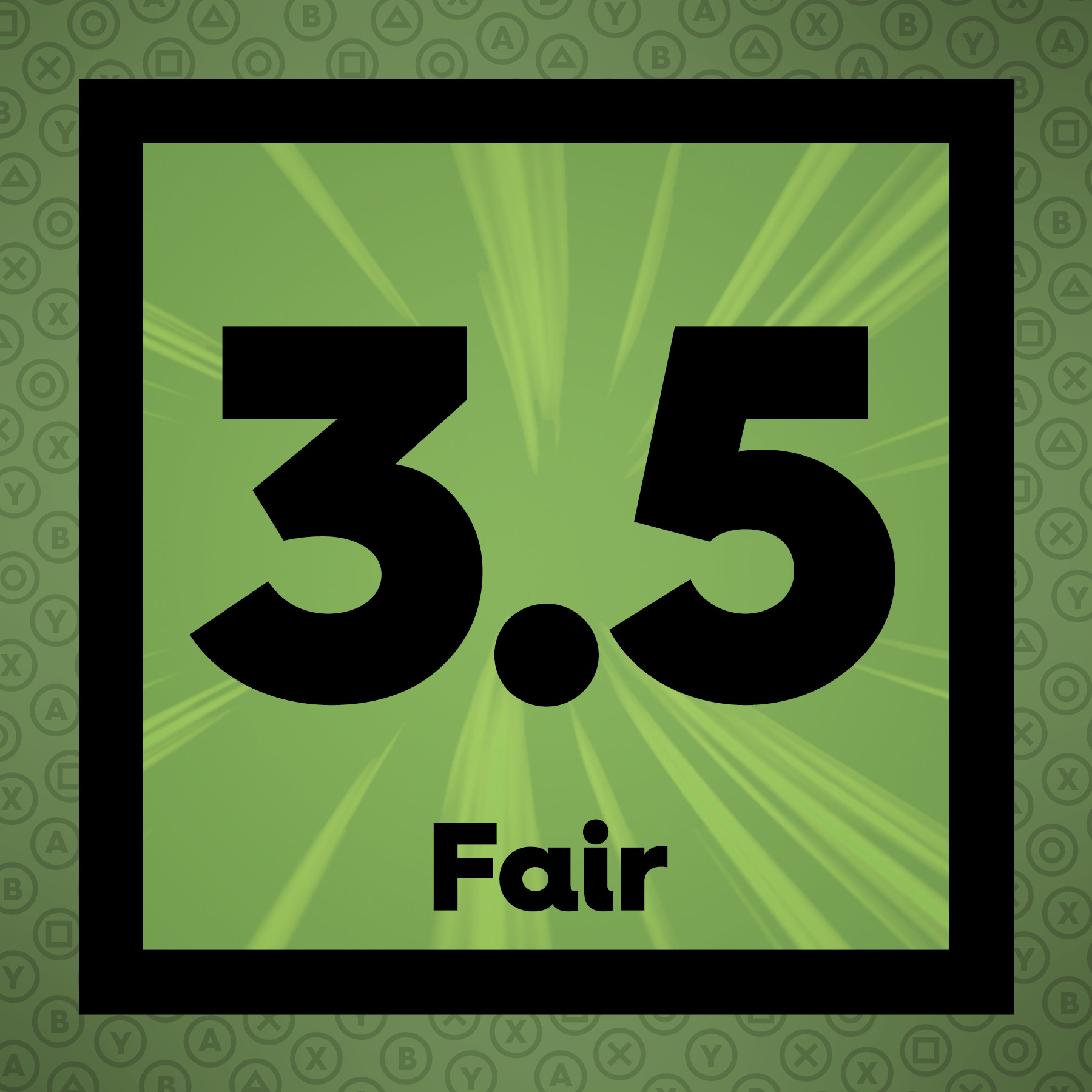 The Final Word
The Final Word
Guild of Dungeoneering can be a fun and humorous experience. The game lacks long-term progress and depth, however, through its simple aesthetics, whimsical music, and interesting gameplay, the game manages to offer a unique and inspired twist to the dungeon-crawler genre. If you’re searching for a new and different dungeon-crawler, you may be interested in this game. However, if you’re looking for a deeper experience, you may not want to plunder this one.
-MonsterVine Rating: 3.5 out of 5 – Fair

